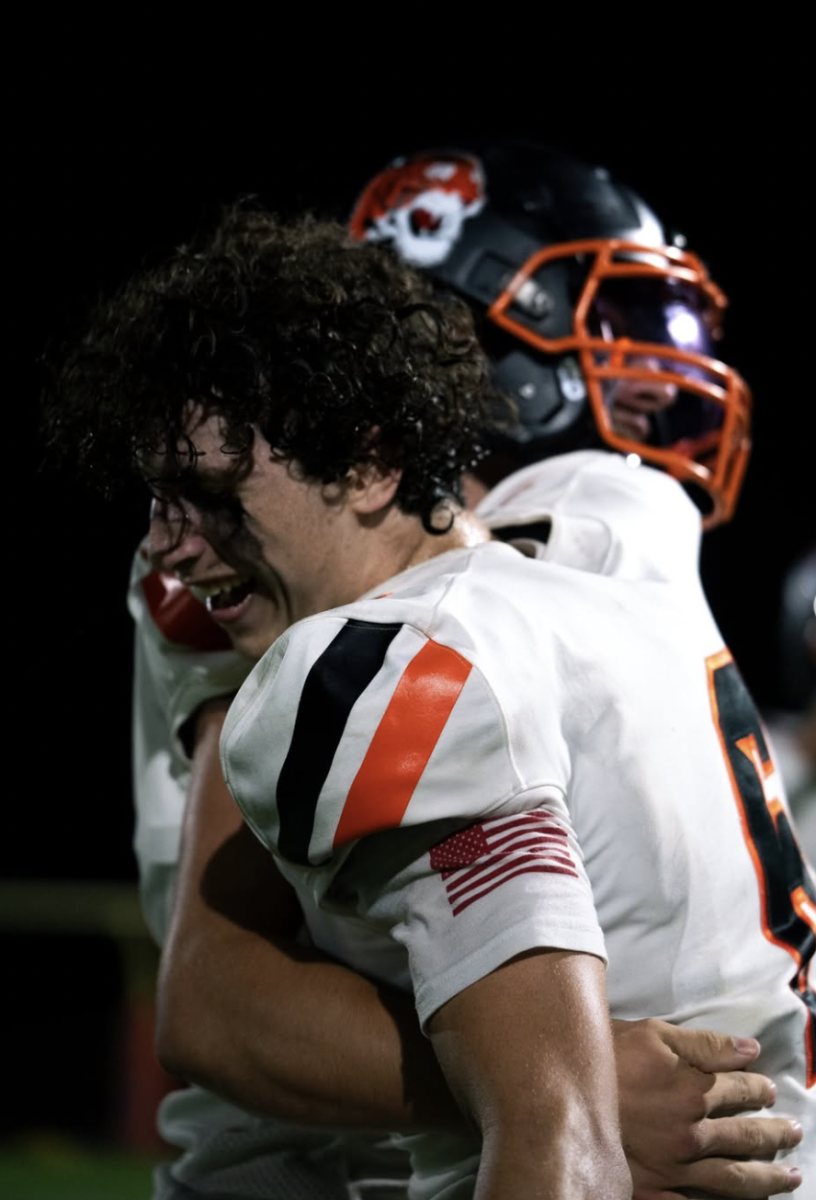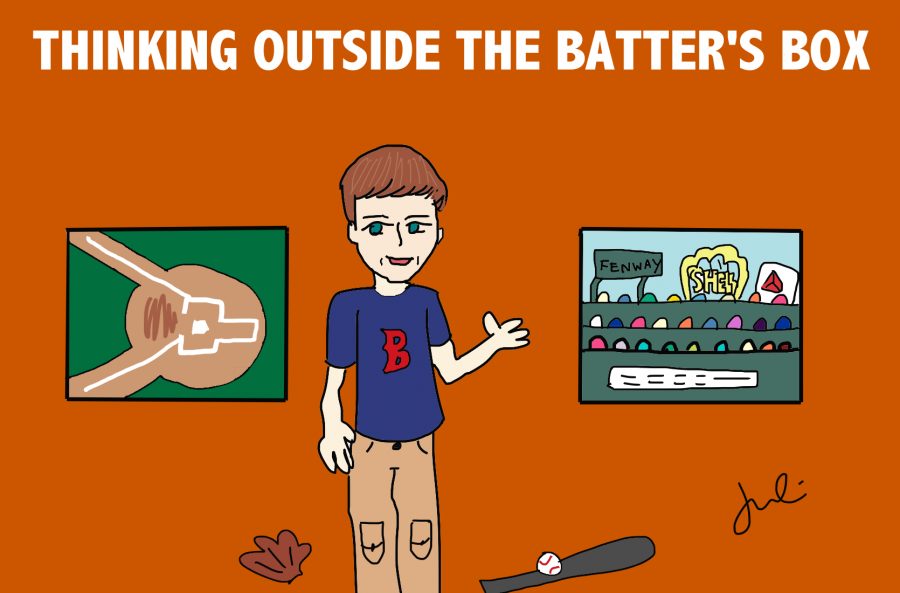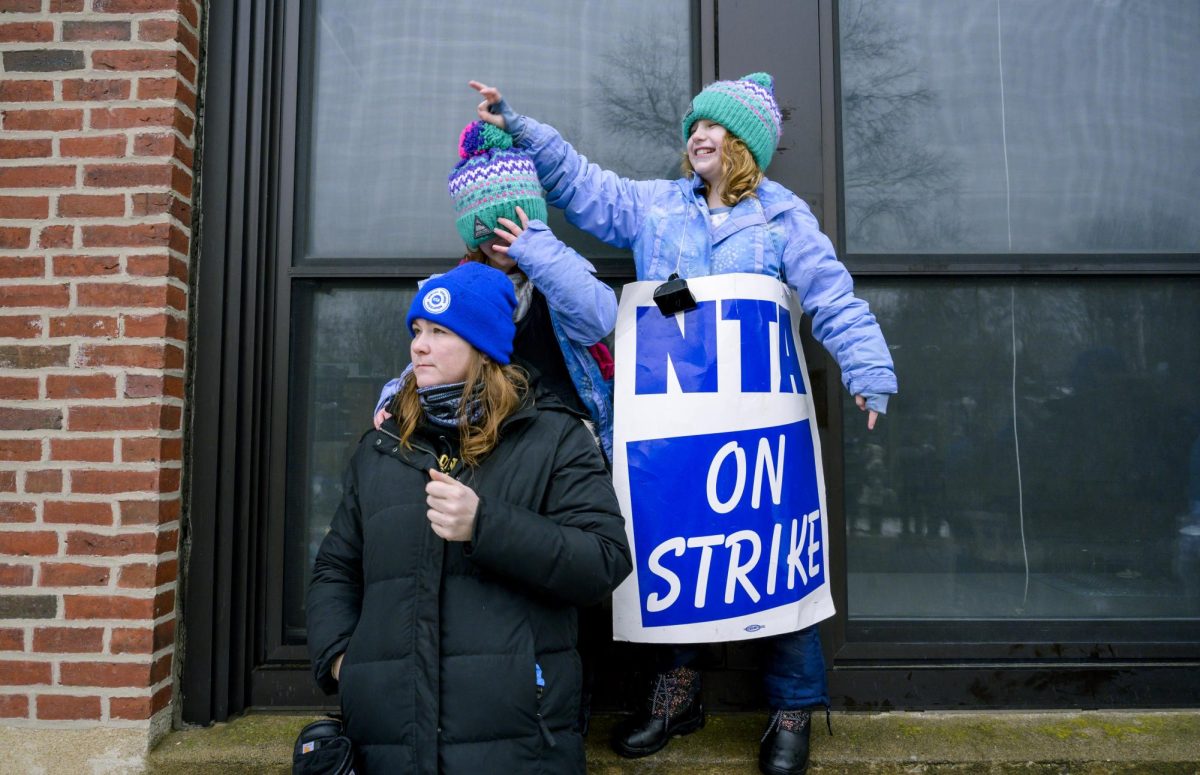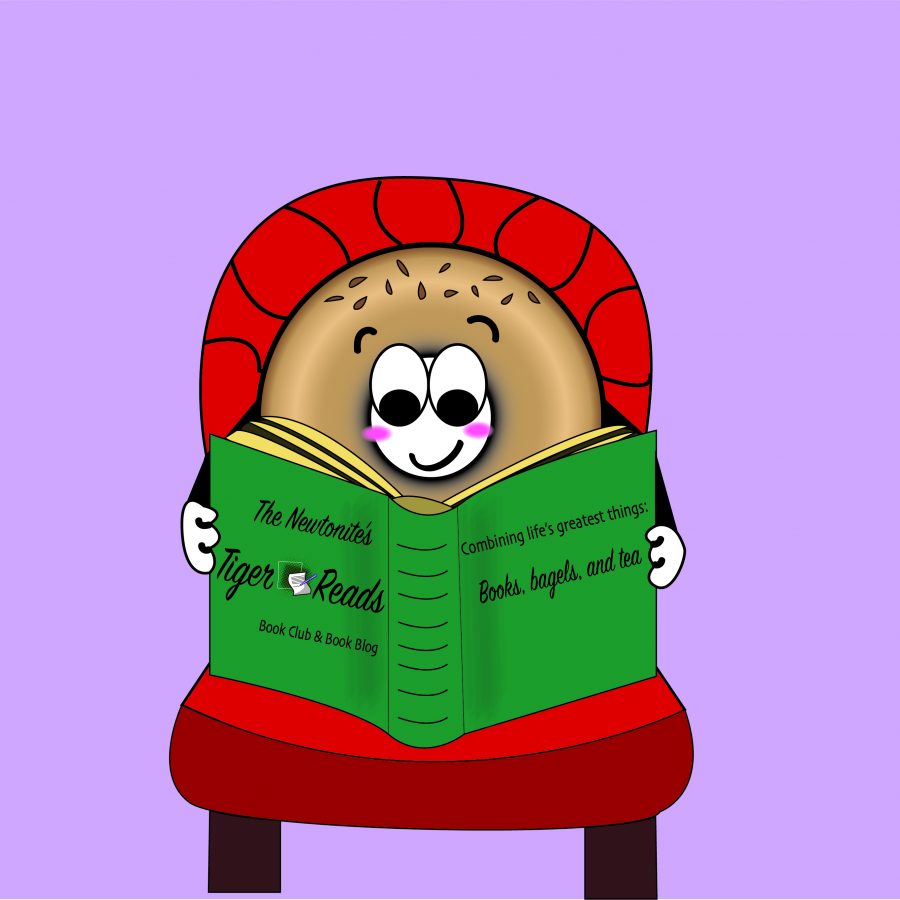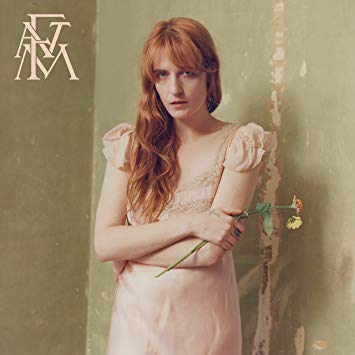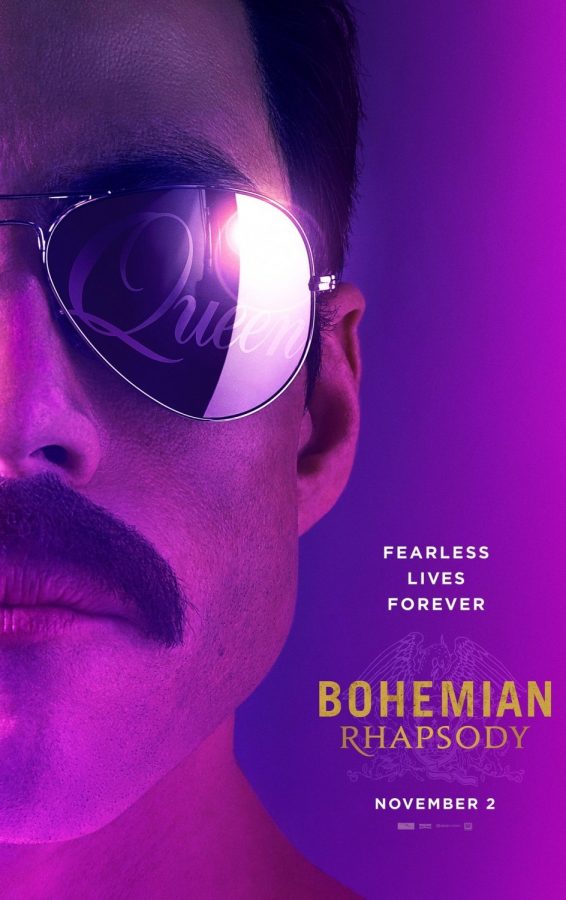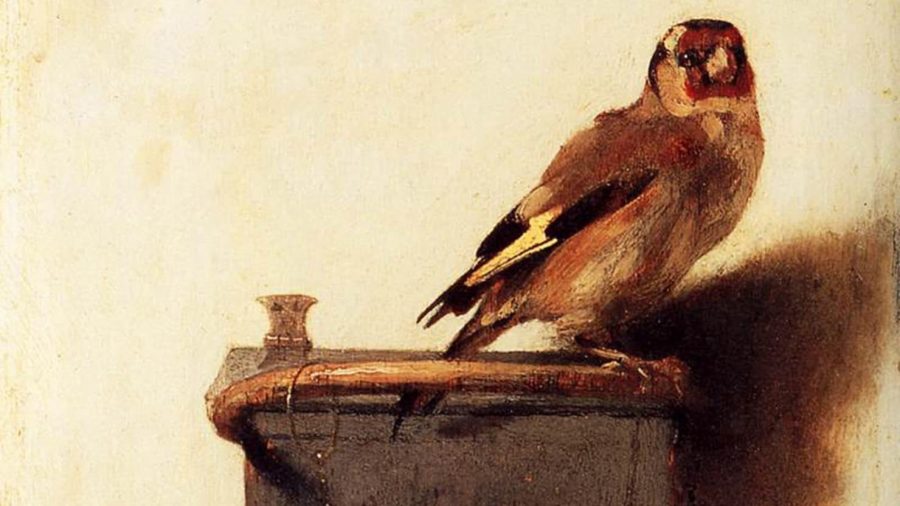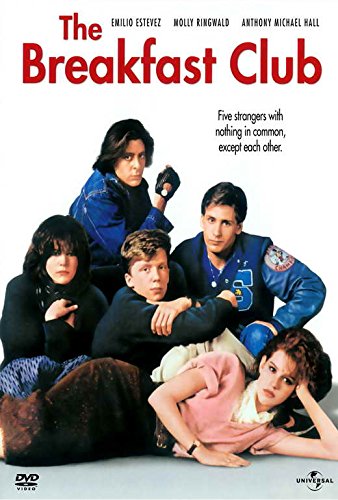
by Jacob Gurvis
One of the greatest things about sports is the universal language heard at all sporting events. When people cheer, they’re happy and supportive, and when they boo, they are mad and disapproving—it’s pretty simple.
The complicated part of these straightforward fan reactions is knowing when to boo or when to cheer. Specifically in baseball, a sport that regularly features individual recognition of players, cheering and booing for different players are the ways for fans to express their feelings.
Nobody likes getting booed. Nothing is as upsetting as getting collectively booed by 40,000 people. But the question is, what makes a player worthy of booing?
That, apparently, is up for debate. This past weekend, while watching the Yankees beat the Red Sox three out of four times, I noticed a few things that were, in my opinion, unsettling. David Ortiz and Dustin Pedroia are the faces of the Boston Red Sox. They’re both very good players, teammates, and people. They play the game the right way, and are generally liked throughout the sports world. However, every time they stepped up to the plate in New York, they were booed loudly, especially Ortiz.
I understand that when you like a certain team, good players on other teams are usually not your favorites. Red Sox fans don’t like Alex Rodriguez, and Yankees fans don’t like David Ortiz. That’s understandable.
The issue, however, is that sometimes fans have trouble differentiating between liking a player and respecting him. David Ortiz is one of the most respectable players in baseball. Year after year, he is a leader, a generous man off the field, and a very talented ballplayer. So he deserves respect. In sports, that means not booing him.
On the flip side, I don’t love Derek Jeter. He is one of the best Yankee players of all time, and he has terrorized the Red Sox throughout his long career. As a Sox fan, a player who plays well against my team is not someone I root for. But Jeter is one of the most respected men in all of sports. Like Ortiz, he is a great player, person, and leader. So I don’t boo him. I don’t cheer when he hits a home run, but I don’t boo and scream hateful words either.
I’m not saying that we should never boo players. I don’t deny that many Red Sox fans will boo Derek Jeter when the Yankees play at Fenway next week. All I’m saying is that it’s wrong. Even if it means just being silent and not cheering or booing, that’s an improvement from unfairly booing.
Another example of unfair disrespect will undoubtedly come next week, when Jacoby Ellsbury comes back to Fenway for the first time. This past offseason, Ellsbury fled to New York with a seven year contract worth $153 million. He wanted money, and he got it from the Yankees. Like many Red Sox players before him, he will get booed. Even though he was instrumental in two championships, a great player for many years, and was always respectful and loved, he will get booed because he left.
I understand that Boston fans are mad at him. But baseball is a business, and sometimes players leave their teams for more money. It happens. And even though he went to the Yankees, the amount of good he did for the Red Sox is undeniable. So I am against booing him. He’s not a bad guy, he’s just a businessman.
Some players get booed, and some get cheered. That’s the way it works. But what we need to do is be more mature. That means stop booing players who deserve respect, and appreciate the fine gentlemen in our game, even if they don’t wear our team’s uniform.






